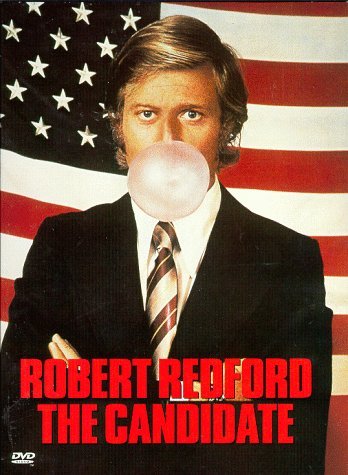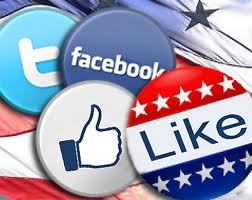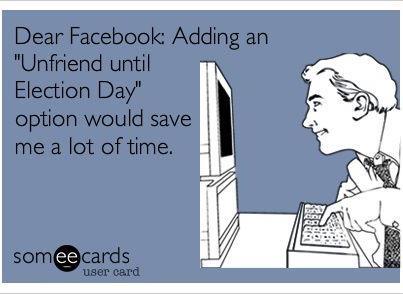From rags to wood-pulp newspaper, to black and white to colored television, to the Internet and social media, the ways we read our news are constantly changing with technological developments. As a result, journalism is forced to adapt and some political scientists argue that the writers are forgetting their jobs.
Citizen Kane (1941) portrays traditional journalism. Journalist Jerry Thompson investigates the death of Charles Foster Kane (played by Orson Welles) and the meaning of his last words. Thompson trespasses onto Kane's estate, questions Kane's friends, co-workers, ex-wife, boss, butler and even locates Kane's childhood guardian.
While researching Kane's lifestyle, viewers discover that Kane manipulated newspaper headlines to help him with politics and inspire certain opinions within the general public. A successful and dedicated journalist, Thompson works constantly to reveal all of Kane's secrets. Viewers learn of Kane's childhood poverty, love affairs, corrupt political career, and depression. This movie, produced in the 1940's, depicts the role of a journalist - to expose corruption and act as a detective. Journalists in the 2000's worry more about profit than exposing political corruption.
According to political scientist David Smith, in "Wood Pulp and Newspapers (1964)" between 1867 up until the 1920's, the nation struggled to find a steady alternative to rags for newspaper creation. Before the development of wood-pulp as paper, the prices for newspapers and taxes for rags (the material previously used for newspapers) reached incredibly high levels. The paper industry experimented with everything including grass, straw, basswood, bamboo and many more. By the late 1860’s, pulp-paper mills aroused and slowly dominated production with new inventions for efficiency and quality. Smith states that American dailies nearly doubled between 1890 and 1900. He interprets this data as evidence of dependence from the urban population, more demand for daily paper, and the biggest increase in newspaper history. Although this phenomena was stunted by a new invention...
Exactly twenty years later, in "The Public's Use and the Perception of Newspapers (1984)", political scientist Leo Bogart examines the relationship between newspapers and television, the challenges of newspaper editors after the development of television news broadcasts, and the public’s opinion on the two. Bogart establishes several interesting distinctions. For example, college graduates feel the newspaper is more reliable than television. Second, Bogart explains that most readers (84%) are interesting in international news. Other popular topics include jobs, inflation and the economy. Overall, people watch television just as equally as they read the paper. The majority feels that television helps them understand the story, but that the paper provides further details. With time, more and more people purchased televisions. TV even released in color. So more and more people began to spend more time with the television than the paper.
Now, nearly another thirty years later, since the development of the World Wide Web in the 1990's, the combination of television and internet have crippled the demand for hard copy newspapers. In order to stay hip, newspapers are forced to publish all articles online and even allow access from smart phones. Not only has the style of newspapers changed, many argue the content has too. In "Democracy in the Information Age: The Role of the Fourth Estate in Cyberspace (2001)," political scientist Howard Tumber discusses the recent changes in journalism, primarily due to the globalization of media and the development of communications technology. Tumber wonders if journalists can still accomplish their traditional role where they reveal corrupt government activity and provide citizens with accurate and reliable facts. In accordance with a demand for entertainment, news broadcasters now focus on scandal and gossip in order to maximize profits. I am not surprised that journalism and news broadcasting hopped on the profit priority bandwagon, but I am disgusted. A once honorable and intelligent career has transformed into a biased, entertainment based circus. People struggle to distinguish opinion from fact, relevant from irrelevant and would rather hear about a politician's affairs than his/her platforms.
Several researchers suggest that journalists reinvent themselves by calling for citizen participation by allowing commentary. People want to be able to respond and ask questions after reading an article. Perhaps this is why social media and blogs have become so trendy. Journalists should continue to promote democracy and unveil corrupt government. Of course, journalists aren't the only one who have a duty for this revolution. Citizens must demand truth and scold news stations for reporting stories as distractions from bigger issues, or for pure entertainment. Citizens must refuse to accept bullshit and support traditional journalism.





